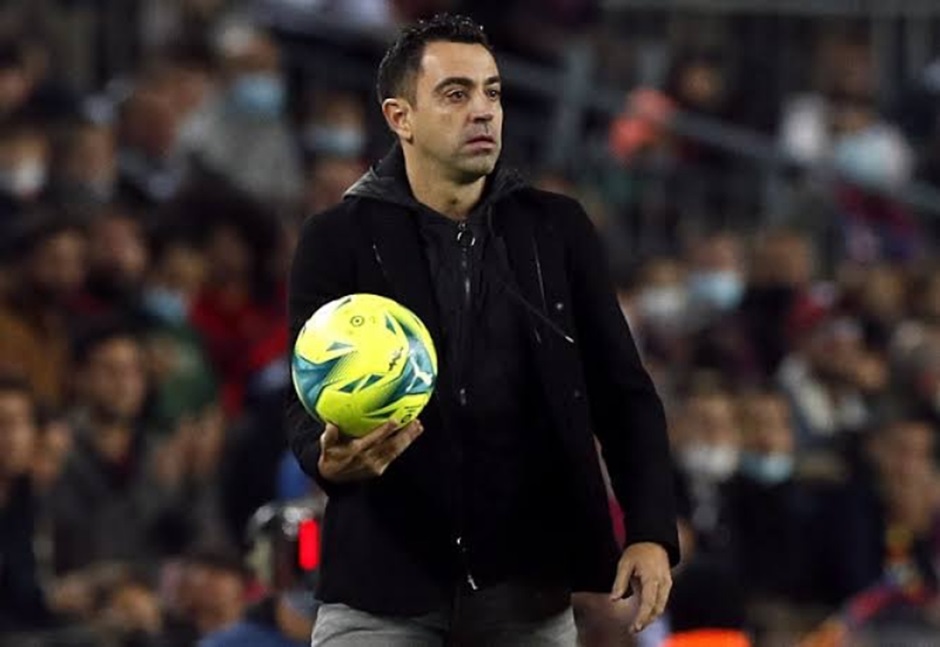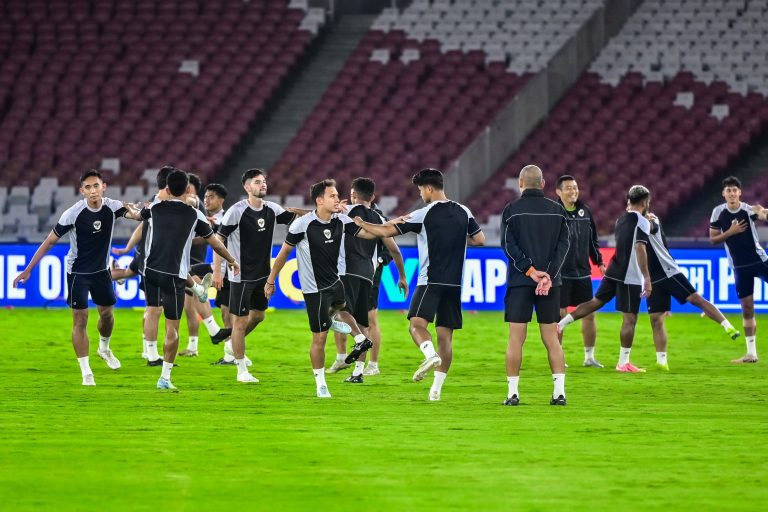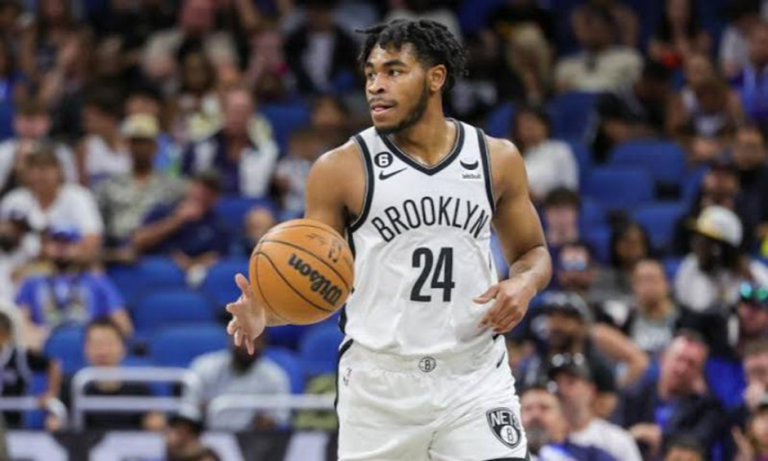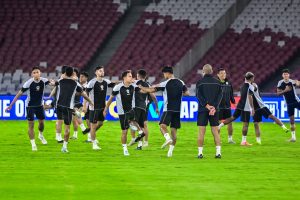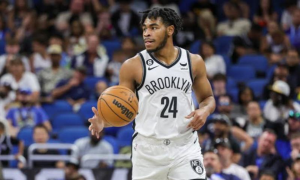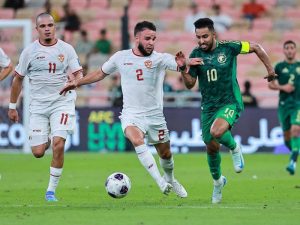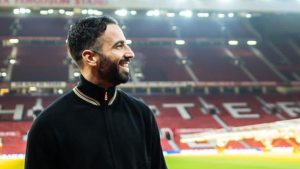Xavi Hernandez’s return to Barcelona was a homecoming of epic proportions. The midfield maestro, who graced the Camp Nou with his genius for years, returned as manager in 2021, tasked with reviving the ailing Blaugrana spirit. And revive it he did.
Under his astute guidance, Barcelona reclaimed the La Liga crown, playing football that resembled the enchanting melodies of their storied past.
However, with Xavi publicly announcing his impending departure at the end of the season, the question on every Cule’s mind rises like a Catalan crescendo: who will succeed the architect of the Blaugrana renaissance?
Finding the heir to Xavi’s throne is no easy feat. His tactical acumen, understanding of the club’s DNA, and the pressure of managing one of the biggest clubs in the world demand a successor of equally extraordinary caliber.
Several names have emerged in the rumor mills, each with their own strengths and weaknesses:
Roberto Martinez
The former Everton and Belgium manager brings experience and a familiarity with the Barcelona way, having played for the club under Johan Cruyff.
His attacking style aligns with Barca’s philosophy, but doubts linger about his defensive solidity and adaptability to different formations.
Rafael Marquez
A legend at the Camp Nou, Marquez embodies the Barcelona spirit. His leadership qualities and understanding of the club’s culture are undeniable.
However, his managerial career so far has been inconsistent, raising concerns about his tactical expertise and ability to handle big egos.
Garcia Pimienta
The current Barcelona B coach has enjoyed success nurturing young La Masia talent. His knowledge of the academy and belief in possession-based football are positive points. However, his lack of experience at the highest level makes him a risky choice.
Julian Nagelsmann
The young German tactician possesses tactical prowess and a knack for developing young players. His success at Bayern Munich is undeniable.
However, his hefty price tag and preference for a more direct approach might clash with Barcelona’s traditional identity.
Ultimately, the choice of Xavi’s successor will depend on Barcelona’s vision for the future. Do they want to continue the Cruyffian legacy with a La Masia-bred heir, or are they willing to embrace a new tactical identity with an outsider?
Regardless of the choice, the pressure will be immense. Stepping into Xavi’s shoes is like following a magician on stage – the audience expects not just competence, but a continuation of the wonder.

